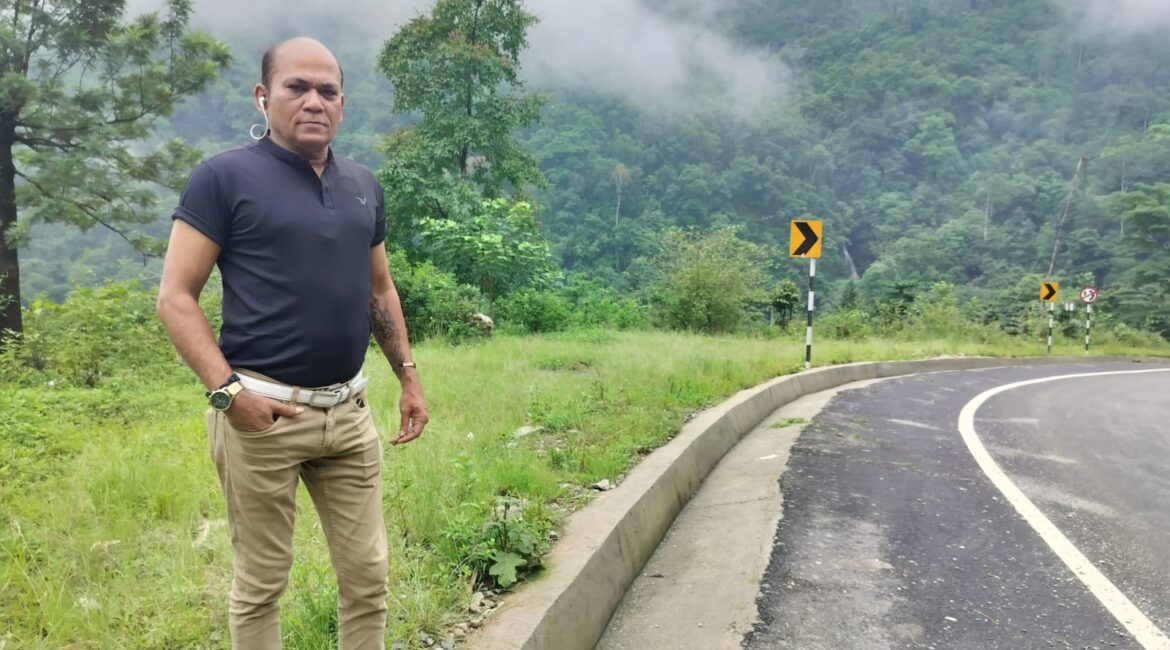Excerpts from the article in Open Magazine by Mr Madhavankutty Pillai – who is also a Premium Member of dLife.in
IN FEBRUARY 2011, when Anup Singh, an engineer from Indore, found himself diagnosed with diabetes, he was certain of one thing—he would not take medicines which would create lifelong dependence. Singh started scouting the net for information and found a few forums on ‘Low Carb High Fat’ (LCHF). In June that year, Singh switched to the diet.
Singh went off rice completely, restricted himself to two chapaatis a day; every vegetable under the ground was off and he was liberal in his intake of fat, especially virgin coconut oil and he ate four eggs a day. In March this year, he tried to intensify it to a ketogenic diet but couldn’t maintain it beyond two weeks. But the experience was worth it because now he does not even have the chapaatis and is off grains altogether.
“On high carb, you want to eat every two hours because once you eat, insulin shoots up and then crashes again. LCHF has no spikes and crashes and many of us on the diet feel no hunger. I haven’t had breakfast in ages,” he says. His diabetes is not just under control, the blood sugar numbers are better than normal.
Soon after he was diagnosed with diabetes, Singh became part of a popular online health forum but says his strong advocacy of a low-carb-high-fat diet led to its moderators censoring and even blocking him once. “Then I thought, ‘Why not start my own forum?’” he says. Dlife.in, as it is called, went live on August 2014. Many low carb high fat diabetics from the earlier forum got together here. Now Singh says they have over 1,000 users of which he thinks around 600 have benefited following the diet.
Human bodies are tuned to process carbs fastest into glucose, which we need for energy. But diabetics cannot dispose of this glucose efficiently and consequently blood sugar rises. If you reduce carbs to the bare minimum, then there is no spike in blood sugar. There is also a mechanism in the body by which, in the absence of glucose, the liver breaks down fat into ketones which can be an alternative fuel source. The bodies of low-carb dieters are fuelled by a higher ratio of ketones. “The body can run on either glucose or ketones. Except for 30 gm glucose per day, entire glucose can be replaced by ketones,” says Singh.
Patients in the forum have maintained records of their sugar, cholesterol, triglycerides and other health readings before they started on the diet and after. Many are on minimum medication now and some altogether off it. I put up a query in the forum asking for experiences with low-carb-high-fat diets. Twenty seven people replied and their stories followed similar patterns. Many had been diabetic for years and seen their medication gradually and inevitably increase in strength and numbers. After switching over to low carb, their diet would change from foods like rice, chapaatis, breads, idlis and dosas to eggs, coconut oil, nuts, ghee, chicken, cheese, nuts, etcetera. One of them used to have ‘baingan bharta with cabbage leaves washed in cold water and freeze dried for 5 minutes before eating’. Their blood sugar levels would start coming down almost immediately leading to their doctors bringing down medication.
But strangely, doctors would at the same time also warn them against this diet. They liked the effect, but not the process. Arun Kumar from Patna wrote, ‘After 4 month on LCHF first I met my endocrinologist (under whose treatment I was for a decade) and showed my blood and lipid report. He was happy to see my report and asked how I did it. But when I told him about my new diet LCHF, he listened patiently and said, ‘do what you want but don’t come to me again.’’
Another person had this to say: ‘After seeing my results doctor is very impressed …but he says he cannot recommend this diet to everyone, as they may not do it with proper understanding as I do.’
Many of them just didn’t tell their doctors because they knew what the reaction would be. They went on the diet and stuck to it despite their own prejudices against fat, their family, friends, the medical establishment all trying to tell them that carbs were necessary and fat was bad. Only the results of their glucometer readings told them that this was working for them.
A sample like this is not necessarily accurate because I only got the voices of the converted. There would presumably be some who had gone on the diet and failed. The only way to confirm is to have objective studies on it but in India there is no proper attempt made by the medical community. “Anybody can come and audit our medical reports. Not 20, if you want 400 people for a medical trial, we are ready. But nobody will do it,” says Singh.




